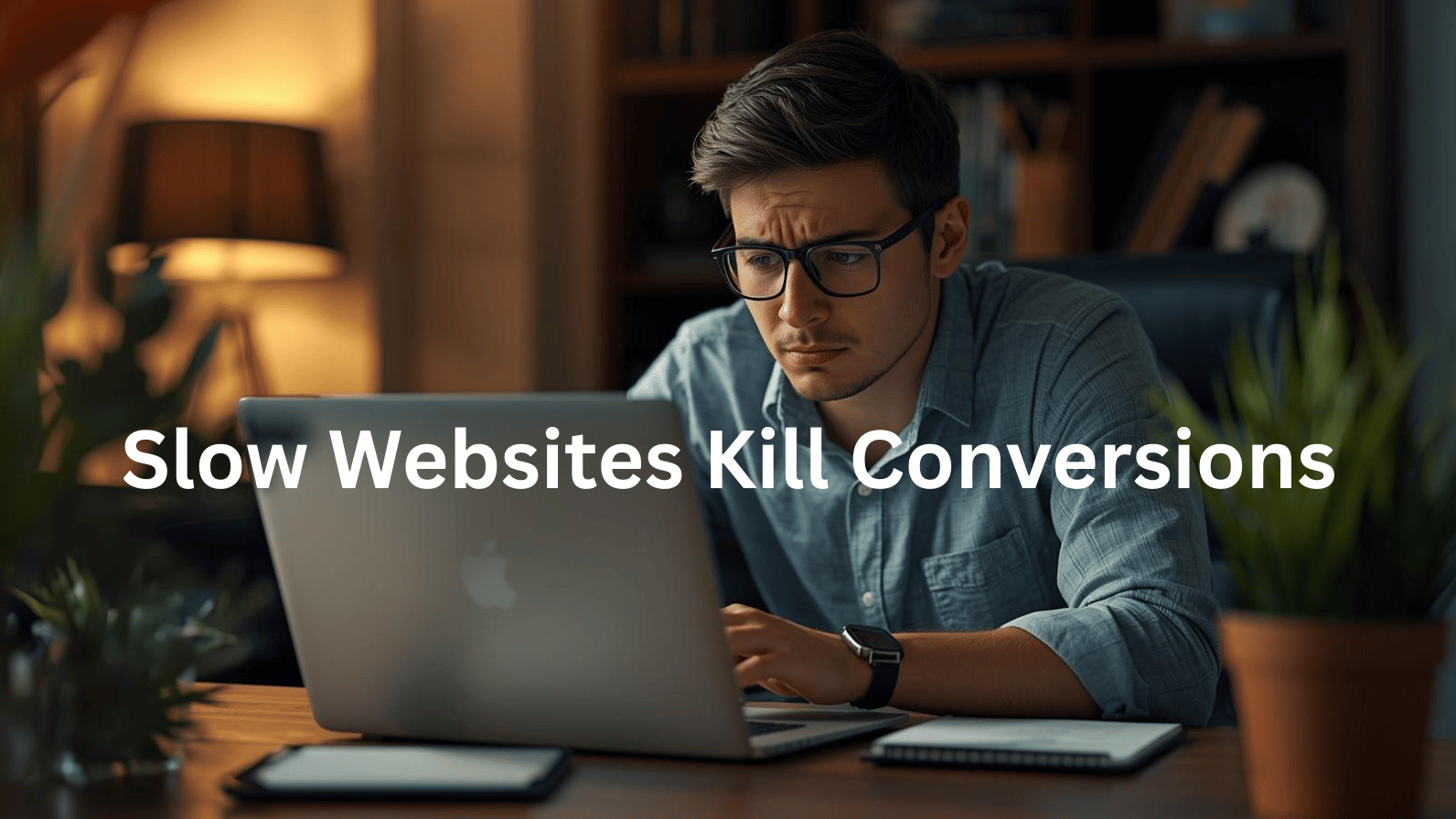Imagine waking up to a world where your website traffic has doubled overnight. Sounds like a dream, right? Well, with Google’s December 2024 core update rolling out, this could be your new reality—or your worst nightmare. This latest update comes hot on the heels of November's changes and promises to shake up search rankings once again. But fear not! Whether you're a seasoned digital marketer or a curious newcomer, understanding these updates is your key to unlocking new opportunities. Let’s dive into what this core update means for you and how you can ride the wave of change to success.
Key Takeaways:
Frequent Updates: Google releases multiple core updates each year, impacting search algorithms significantly.
Content Quality Matters: Focus on creating people-first content to navigate core updates effectively.
Expect Fluctuations: With any core update, anticipate potential changes in your website's search rankings.
What’s Happening with Google’s December 2024 Core Update?
Google is rolling out its fourth core update for the year 2024, just a week after the previous one wrapped up. These updates are critical as they bring broad changes to Google's search algorithms, impacting how websites are ranked. Such updates are part of Google's continuous effort to refine its systems.
A Quick Recap of Recent Updates:
November 2024: Started on November 11 and completed on December 5.
August 2024: Ran from August 15 to September 3.
March 2024: This was the largest update, lasting from March 5 to April 19.
Why Do Core Updates Matter?
Core updates can significantly shift how websites are ranked on Google. This can lead to fluctuations in web traffic for businesses and creators. Here’s why it’s crucial to stay informed:
Algorithm Adjustments: Updates adjust the parameters for ranking, aiming to improve search result quality.
Impact on Traffic: Businesses can experience increased or decreased visibility, affecting online engagement and conversions.
Navigating Core Updates: Strategies for Success
-
Focus on Benefits, Not Just Features
Instead of just listing what your website offers, illustrate how it benefits the user.
Example: "Imagine doubling your site visits with engaging content that keeps users coming back."
-
Use Emotional Triggers
Appeal to users' desires for success and recognition.
Example: "Picture your site ranking at the top, making it a go-to resource for information seekers."
-
Create a Sense of Urgency
Encourage immediate action through limited-time offers or exclusive content.
Example: "Boost your SEO with our expert tips while they’re still available!"
-
Provide Social Proof
Share testimonials and success stories to build credibility.
Example: "Join thousands who have improved their rankings with our proven strategies."
See How Digital Marketing Can Drive More Traffic to Your Website
Brand Voice Strategy: Attract your ideal customer with a consistent brand voice.
Market Growth Opp Research: Discover untapped traffic opportunities.
Local SEO: Dominate your local market with optimized SEO strategies.
Competitive Link Analysis: Understand your competitors’ strategies.
Geo-Targeting: Reach customers in specific locations.
Content Marketing: Create shareable content that drives engagement.
Paid Media Advertising: Implement strategies with clear ROI.
What to Do If You’re Hit by a Core Update
Google has provided guidelines if your site is adversely affected by a core update:
No Immediate Solutions: A drop in rankings doesn’t necessarily mean your site has issues.
Continuous Improvement: Focus on crafting people-first content.
Potential for Recovery: Changes may occur between updates, with significant improvements seen after subsequent updates.
Why Consistency in Content Matters
Google’s updates emphasize the importance of creating fulfilling content. Content should be designed for people—not just to rank higher. Maintaining a consistent brand voice across all platforms strengthens your digital presence.
FAQs on Google's Core Updates
Q: What is a Google core update?
A: A core update involves significant changes to Google’s search algorithms, which can affect how websites are ranked in search results.
Q: How often do these updates occur?
A: Google releases multiple core updates each year, each bringing broad changes to its search algorithms.
Q: How can I tell if my site was affected by a core update?
A: Check your website’s analytics for changes in traffic patterns following an update, and assess any impact on your site’s search ranking.
Q: What should I do if my rankings drop after an update?
A: Focus on improving the quality of your content, ensuring it is helpful and designed for users rather than solely to rank higher.
Q: Are there specific actions to improve my site’s performance post-update?
A: While there are no guaranteed actions, continuously enhancing content quality and keeping user experience top-of-mind can aid in recovery.
Q: What if my site benefits from the update? Should I still make changes?
A: Yes, continue to refine your content and strategies to maintain and build on any positive impacts from the update.
I hope this guide helps you navigate the changes brought by Google’s December core update. If you’d like our team to manage your marketing, click here.
 Add Row
Add Row  Add
Add 








Write A Comment